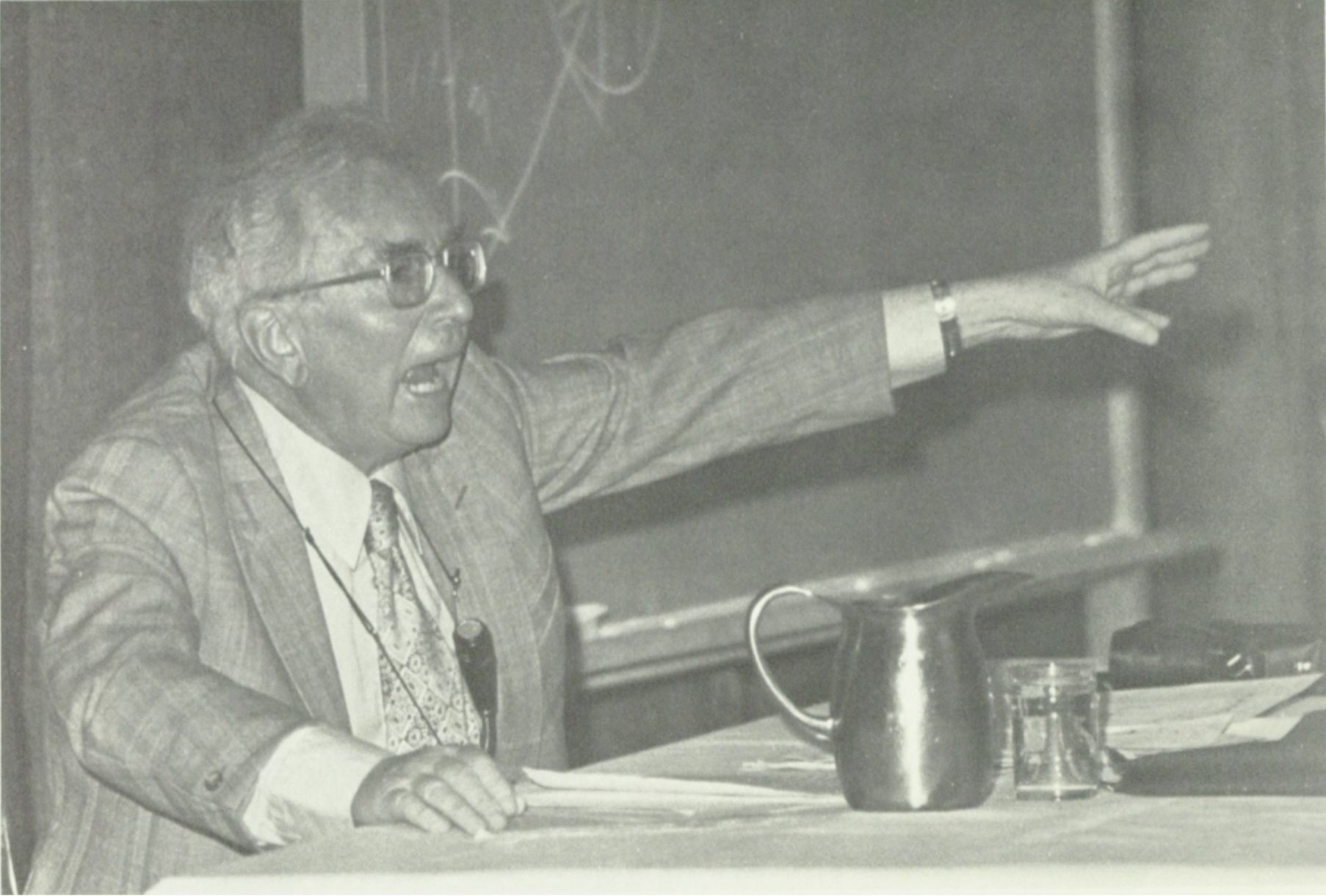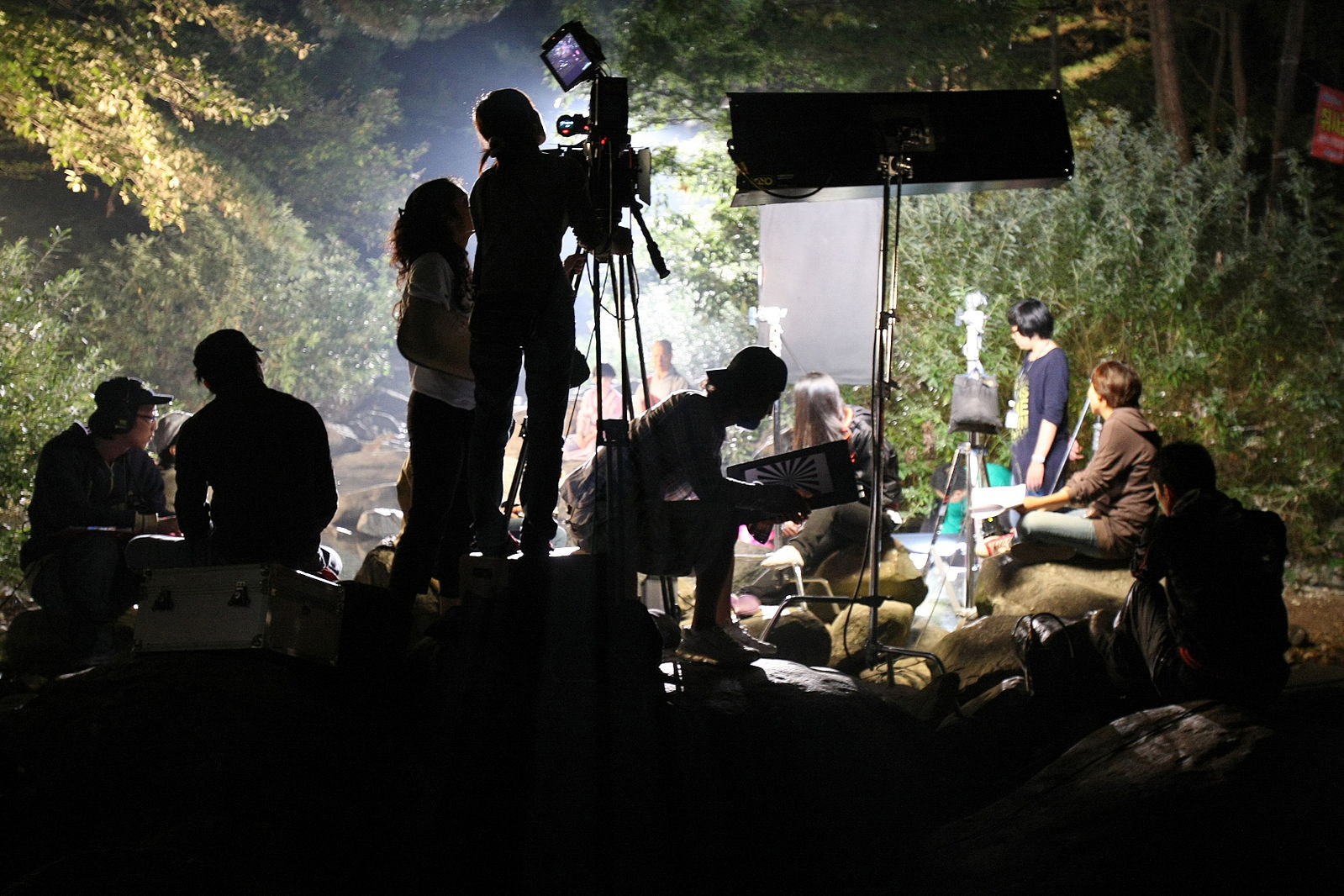You’re in a darkened theater, watching the new flick you’ve been dying to see for months. It’s living up to your expectations. This thing was definitely worth seeing on the big screen.
You’re watching and listening to the main character in the movie — as she’s watching and hearing all of the things that are coming at her. You’re also seeing her physical contact with some of these things and people. And once in a while, as the plot requires, her taste buds and sense of smell get engaged.
It’s a great movie. You’re fully dialed in. You don’t even notice that nasty odor anymore you detected when you first sat down. The storyline that the writers and directors have staged on set — and the performances that the cast of actors is conveying — with all five of their senses — have you immersed.
Now, because it’s a movie, it is all contrived. No matter how good these actors may be, they wouldn’t be there in the first place without a script. And the storyline in the script wouldn’t make it to you unless someone directed it on film.
Each one of our lives is a movie. All of our storylines unfold in real time, second after second, scene after scene — including all the flashbacks that are running through our minds almost every hour.
The difference, of course, is that there are no set scripts for us to follow in our little mortal experiences her on earth (unless you believe that everything we do is pre-ordained). And all of the people and events that come into our lives every day are real. They’re not actors (unless we’re caught in The Truman Show).
Take a look at the tableau around you. What and who do you see? What does the air smell like? What sounds are pinging your ear drums? What’s the weather outside?
Now think about what’s happened to you over the last 24 hours. Do you remember any scenes where you felt excited? Nervous? Fearful? Depressed? Confused? Loving? Angry? Numb?
The circumstances of each scene that we star in happen independently, for the most part. We decide where we’re going to be, and then life happens there. Outside of the choice we make to be there — that active decision — the rest are neutral realities. We don’t control them.
Many others, however, particularly the way we feel, are the result of how our brains interpret and process what’s happening — very often without us having any awareness around it. But that is the part that can change the whole plot.
The degree to which we are aware of what’s happening to us during the live moments of our lives has great influence over the decisions we make about our actions. In other words, how we direct the next moment, and the next. This includes how we choose to go about handling the emotions that we’re already experiencing via our brains’ subconscious reflexes.
Let’s take our metaphor a step further and look at the three categories of movie-lives that each one of us is directing:
- The movie-life you have already directed — for better or worse — right up until this second (the past).
- The “director’s cut” (how you can choose to interpret or reprocess what’s in your memory, using awareness and the wellspring of wisdom you have accrued up until this moment, i.e. learning).
- The live movie set you are directing in real time every minute of your life (the future unfolding as the present).
One thing I really liked about working in television news and politics over the years was that both jobs required me to slow things down. As fast as these worlds moved — and adding to that my naturally frenzied mind — there were points of time every day where I had to slow down the team, pull us over into the pit and and make sure we weren’t making any mistakes. Or as few as possible.
To be clear, I’m not saying that I am highly skilled at this. I’m a pretty impulsive person. It’s easier for me to write it than to do it.
Even so, as I look back over two pretty dark personal episodes over the last 10 years of my life, it’s easy to see how much power I had sitting in that director’s chair. This is not to say it was easy; only that there were parts that I absolutely had control over.

The great Viktor E. Frankl once wrote:
“Between stimulus and response there is a space. In that space is our power to choose our response. In our response lies our growth and our freedom.”
I can even feel this playing out now in my own present tense. Of late, I have been tilting toward a couple of extremes. Taking frivolous behaviors too far. Straying from that balance point of The Golden Mean. The good news is that I possess the free will — the choice —to rein it in.
It can be easy to forget that each one of us is just one out of about eight billion other humans roaming the planet. We’re here for a little bit of time, and then we’re not.
We can’t control what those other eight billion do, or all of the other external factors that we’re confronted with on a daily basis. But we can control what we think — and how we act — in each minute.
Call your shots.


